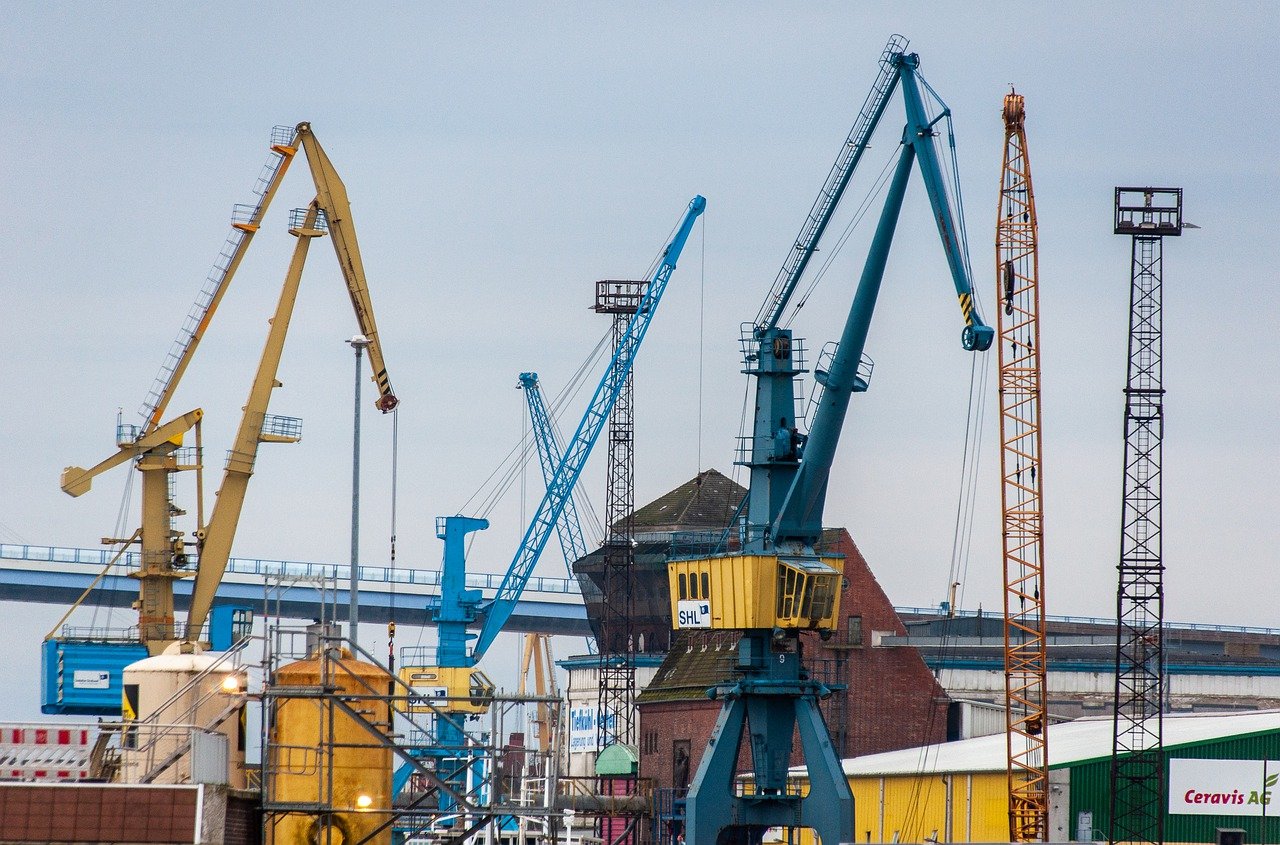– Ishaq Obashola Apalando, Esq
A free zone is a geographical area within a country where tax laws and other business regulations are either totally or partially exempted from application. It is also known as a free trade zone (FTZ), a special economic zone (SEZ), an export processing zone (EPZ) etc. The reason free zones exist is to boost a country’s local production and foreign trade balance.
Examples of FTZs in Nigeria include Lekki Free Trade Zone, Alaro City Free Zone, Onne Oil & Gas Free Zone, Kano Free Trade Zone, Notore Industrial City etc. Most of Nigeria’s FTZs are located in Lagos.
DISCLAIMER: This piece is not legal or professional advice, and it is provided for general information purposes only. If you require legal assistance with any matter, please contact Charles Anthony Lawyers.
Regulators
The Nigerian Export Processing Zone Authority (NEPZA) regulates all industries in the Nigerian FTZs while the Oil and Gas Free Zone Authority (OGFZA) regulates only the petroleum industry in the FTZs. The two zone authorities (Zas) are established by Acts of the same names (NEPZA Act & OGFZA Act).
The ZAs directly or indirectly manage all of Nigeria’s FTZs. Indirect management is through zone management or development companies (ZMCs) which develop the zone and monitor other enterprises therein.
Incentives
The specific business incentives in an FTZ are dependent on the applicable laws. The law is that “Approved enterprises operating within a Zone shall be exempted from all Federal, State and Government taxes, levies and rates.”[1] A free zone enterprise (FZE) enjoys the following incentives.[2]
- Full foreign ownership. An FZE can be fully owned by non-Nigerians.
- Limited liability. An FZE is a private company with the liability of its shareholders to amounts unpaid on their shares.
- Local content exemption. An FZE can employ foreign personnel without restriction.
- Speedy licensing. An FZE obtains any sectorial licences quicklier because of the Zone Authority’s involvement.
- Tax exemption. An FZE is exempted from all laws relating to taxes, levies and duties in Nigeria, although it files tax returns for transparency purposes.
- Foreign exchange exemption. An FZE is exempted from foreign exchange regulations issued by the Central Bank of Nigeria.
- Free capital repatriation. An FZE can repatriate foreign capital investment at anytime inclusive of capital appreciation.
- Free profit repatriation. A foreign investor in an FZE can repatriate profits and dividends without restrictions.
- Foreign trade exemption. An FZE does not need import or export licences to engage in foreign trade.
- Local trade permission. An FZE can sell up to 25% of its production in non-free zones but valid permit and duties.
- Rent-free land. An FZE is exempted from paying ground rents during the construction of its facilities.
How to Register an FZE
The procedure described below applies to registering a free zone enterprise and not registering the free zone itself. While the exact procedure may depend on the FTZ, below is a general description thereof.
- Choosing the appropriate free zone.
Free zones in Nigeria are developed for general or specific industries, and it is best to choose the one most appropriate for the desired venture. Factors to consider include permitted enterprises, proximity to ports, stage of zone development etc. Choosing an FTZ also means choosing the ZMC un charge of it.
- Negotiating a free zone lease
Doing business in the FTZs requires having a facility therein. An FZE may lease a built-up facility or bare land which it will construct to taste. An FZE can only get a leasehold interest in an FTZ (right of occupancy (lease), sublease or underlease), its negotiation starts before registering the FZE.
- Registering the FZE
Only an FZE can carry on business within the FTZ. The promoters of the FZE apply to the ZA for its registration through the ZMC. The documents needed for the registration are listed below.
- Solicitor’s covering letter
- Promoter’s introduction letter
- Filled-out incorporation forms
- Copies of promoters’ and proposed officers’ official IDs (passports)
- Copy of incorporation certificate (for corporate promoter)
- Board resolution approving registration (for corporate promoter)
- Signed consent of proposed officers (directors and secretary)
- Draft memorandum and articles of association of the proposed FZE (stating objects, registered address, share capital, original subscribers and shareholding structure)
- Business plan of the proposed (must contain description of business, market survey, funding proposals and a 5-year financial projection)
- Health, safety and environmental (HSE) plan for the FZE
- Payment approx. USD10,000 comprising application fee, proceeding fee, registration fee and operating license fee)
The minimum share capital of the FZE depends on the FTZ, but it is usually not less than USD100,000 while the FZE’s value is not less than USD500,000. The application must be approved or disapproved within 5 working days. The ZA may have an appraisal meeting with the investor prior to approval.
- Executing the free zone lease
Once the FZE is registered, it executes a sublease for built-up space or bare land with the ZMC. The parties may execute an agreement to sublease to allow the FZE time to pay the lease premium, while the sublease is executed upon full payment of the lease premium and other sundry fees.
- Constructing the facility
Where the sublease is for bare land, the FZE must construct its facility within 15 months. Those periods can be extended. Construction is by approved professionals and with requisite permits, and the shell unit of the facility is inspected before further installations.
- Commencing the business
From signing the sublease, business must commence within 6 months for built-up space or 18 months for bare land. Apart from its annual operating licence, any other requisite sectorial licence is quickly obtained from the regulator through its ZMC and the ZA. It also files returns through its ZMC to the ZA.
Conclusion
While investing in the free zone requires a higher capital outlay, it quickly pays off owing to the incentives enjoyed by the FZE. It is however important to engage an experienced firm of solicitors for proper guidance at every stage of the process.
Ishaq Obashola Apalando is a Senior Counsel at Charles Anthony Lawyers, Lagos Island, Lagos. He can be contacted via his verified account on LinkedIn or ishaq@charlesanthonylaw.com. You can view other insights from Ishaq here.
[1] §8 NEPZA Act; §8 OGFZA Act
[2] §18 NEPZA Act; §18 OGFZA Act

